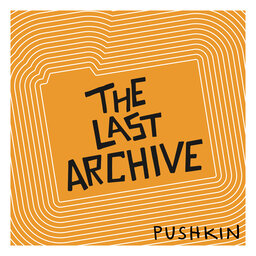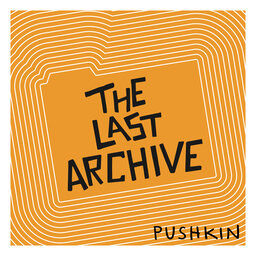Introducing: The Last Archivist
PROGRAMMING NOTE: The third season of The Last Archive is coming this fall! It will remain free and available everywhere. In the meantime, we are launching a new, subscription-only series as part of the Pushkin+ offering. It’s called The Last Archivist, a series of conversations between historian Jill Lepore and collectors, curators, librarians, and keepers of history. This first episode is available for free, but if you want to listen to the rest of the series, subscribe in Apple Podcasts, or at www.pushkin.fm. Stay tuned for Season Three of The Last Archive later this year, which will be free and available everywhere you listen to podcasts.
DESCRIPTION: In the first episode of this Pushkin+ series, Jill Lepore talks to Reginald Dwayne Betts about Freedom Reads: an initiative to build libraries in prisons and jails across America. Betts is a MacArthur Genius Grant award recipient and the author of "Felon" – a collection of poems about the effects of incarceration.
 The Last Archive
The Last Archive


